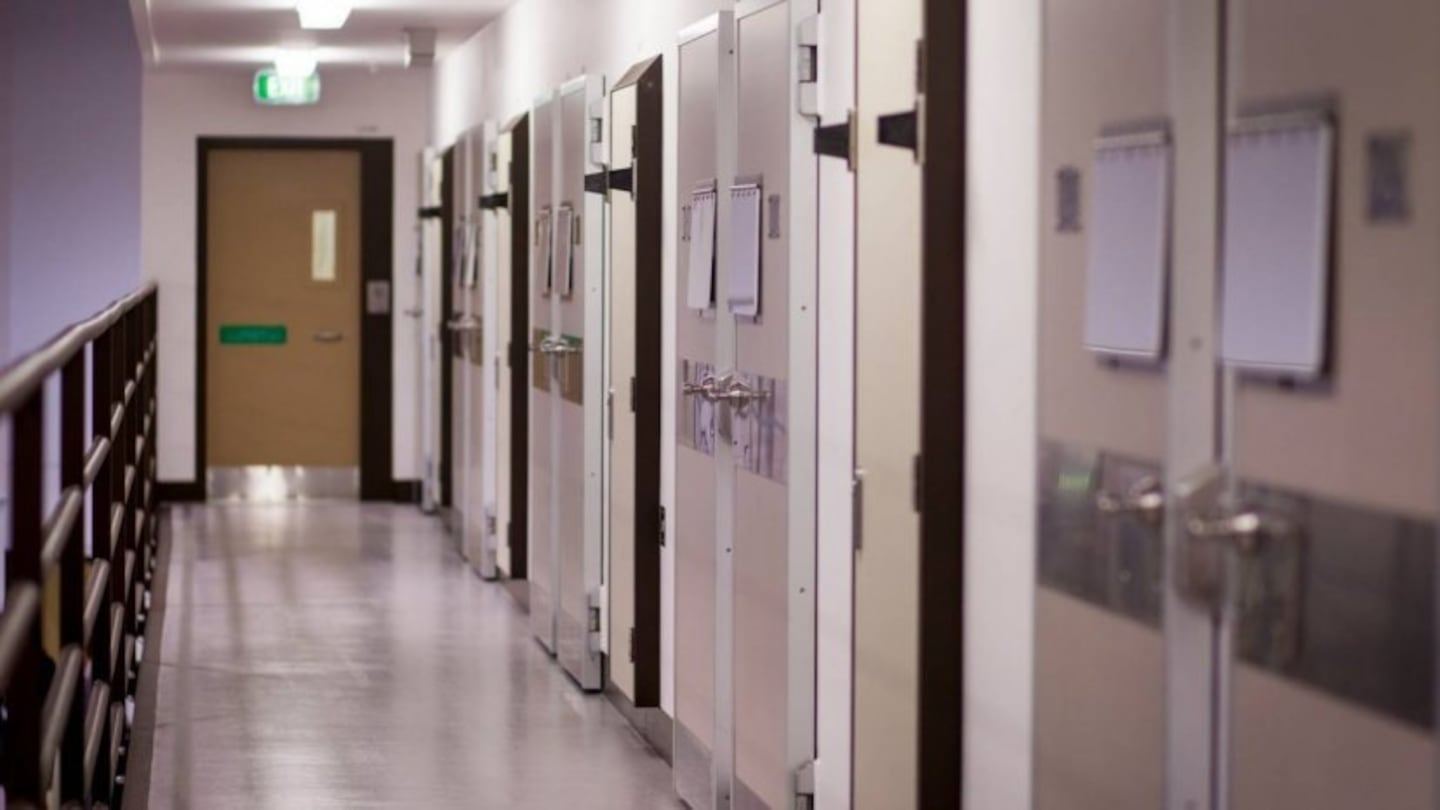The two complaints are serving their sentence at Auckland South Corrections Facility. Photo / NZME
Two Inmates at a high-security men's prison have gone to court following claims they aren't being paid enough while working behind bars.
The men, who get paid 60 cents an hour, say the price of canteen food and phone calls are more expensive than at other prisons and the hourly wage hasn't been increased in 18 years.
Thomas Cheng and James Hemana, both inmates at Auckland South Corrections Facility, (ASCF) appeared via AVL in the High Court at Auckland on Monday.
ASCF is operated by Serco New Zealand, under a public-private partnership with the Department of Corrections.
At the Judicial Review Hearing, held in front of Justice Mathew Downs, the men claimed it had been 18 years since the Minister of Corrections had last reviewed the wages earnt behind bars.
Lawyer Tim Stephens said prisoner wages were last looked at by the Minister of finance and Corrections in 2004.
He told the court that Corrections Minister Kelvin Davis had acted unlawfully by failing to exercise his statutory duty.
"Inmates are undertaking the same work which needs the same classifications and qualifications as other workers, but they don't get the same incentives."
He said that Corrections had failed to do anything about the issue of rates and earnings on multiple occasions.
"The minister is responsible for administering the rates without approved rates of earnings prisoners cannot have earnings credited to them."
Lawyer Monique Van Alphen Fyfe said the charges imposed on a prisoner's outbound calls are too much.
She said that Serco has acted unlawfully, and made the prisoners pay more than they needed to and that calls to family are a part of their rehabilitation and reintegration steps.
Serco set its rates of phone calls and canteen food at a different price to other, Corrections-run prisons. In April 2020, Serco changed the rates to align with Corrections, but their cost was still 5 cents more than other prisons.
"Those rates may seem minimal at first glance, but they add up," Van Alphen Fyfe said.
"Hemana's relationship with his partner developed through phone calls."
"His affidavit says how he tries to spend at least two and a half hours a day on the phone to his partner, but she spends between $60-$100 a week on phone calls to the prison.
"He says how this is not just about him, he is a mentor for inmates coming into prison and he says what he witnesses is pretty awful."
Van Alphen Fyfe said that an appropriate level of income is one that will help a prisoner engage in the prison economy without feeling like a burden to the family on the outside.
"The money their family gives them plus what they earn is the only money they have to call home."
She also described the canteen pricing as an exercise of public power with the basic requirements priced so high, inmates couldn't afford them.
The Minister's lawyer Susannah Shaw said was no time frame as to when the power needed to be exercised, it was a matter for the minister to choose when they want to approve rates, "even if this is 18 years".
"The prisoner incentive framework allowance Is set out to provide work experience and skills. It is not intended to provide wages or their everyday needs.
"The applicants are asking the court to step into the shoes of the minister to ask what can be prioritised or not prioritised.
"There is no legal duty and the application for judicial review and it should be dismissed," Shaw said.
Secro lawyer Jonathan Scragg claimed the cost of phone calls had been brought down to match Corrections rates in 2020.
"It's 5 cents cheaper making calls at a Corrections facility rather than at Serco."
He also said the cost of calls was based on the minimum entitlement, which is that every prisoner is able to make one call per week of up to five minutes.
Justice Downs reserved his decision.



